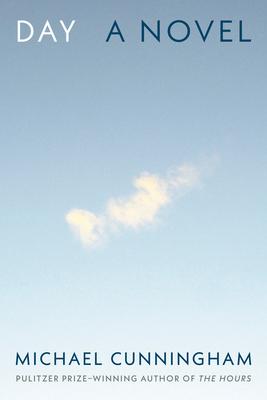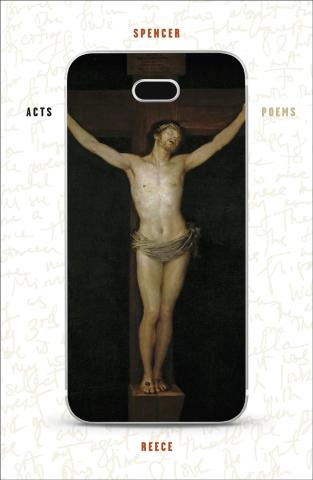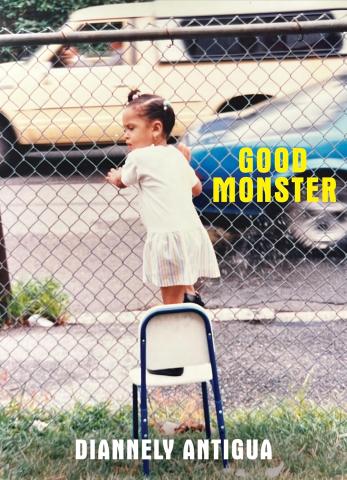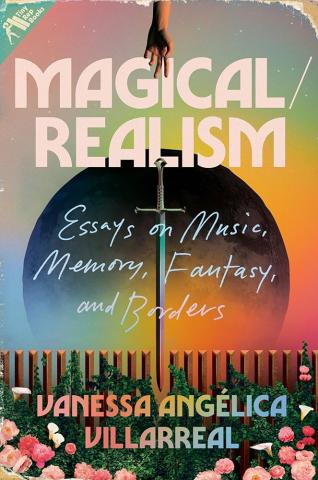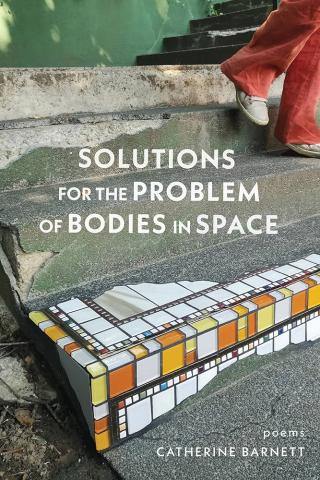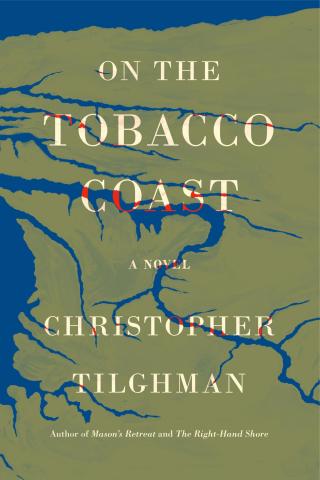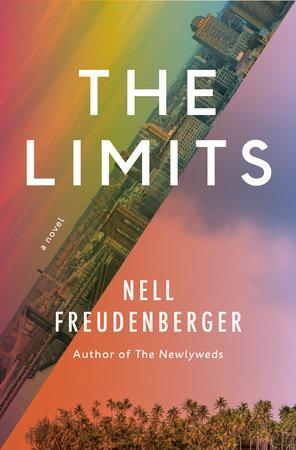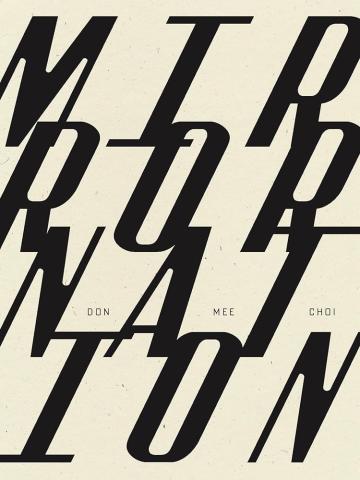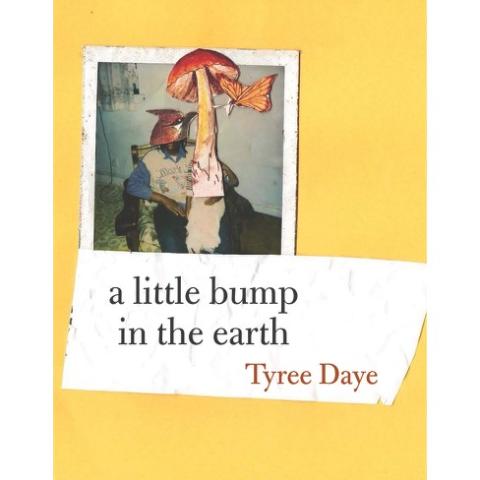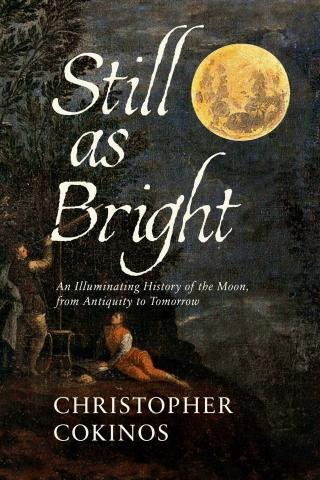April 5, 2019: In a cozy brownstone in Brooklyn, Dan and Isabel are slowly drifting apart—and both, it seems, are a little bit in love with Isabel’s younger brother, Robbie.
April 5, 2020: As the world goes into lockdown, the cozy brownstone is starting to feel more like a prison. Isabel and Dan communicate mostly in veiled sleights and frustrated sighs. And Robbie is stranded in Iceland, alone in a mountain cabin with nothing but his thoughts—and his secret Instagram life—for company.
April 5, 2021: Emerging from the worst of the crisis, the family reckons with a new, very different reality—and with what they’ve learned, what they’ve lost, and how they might go on.
